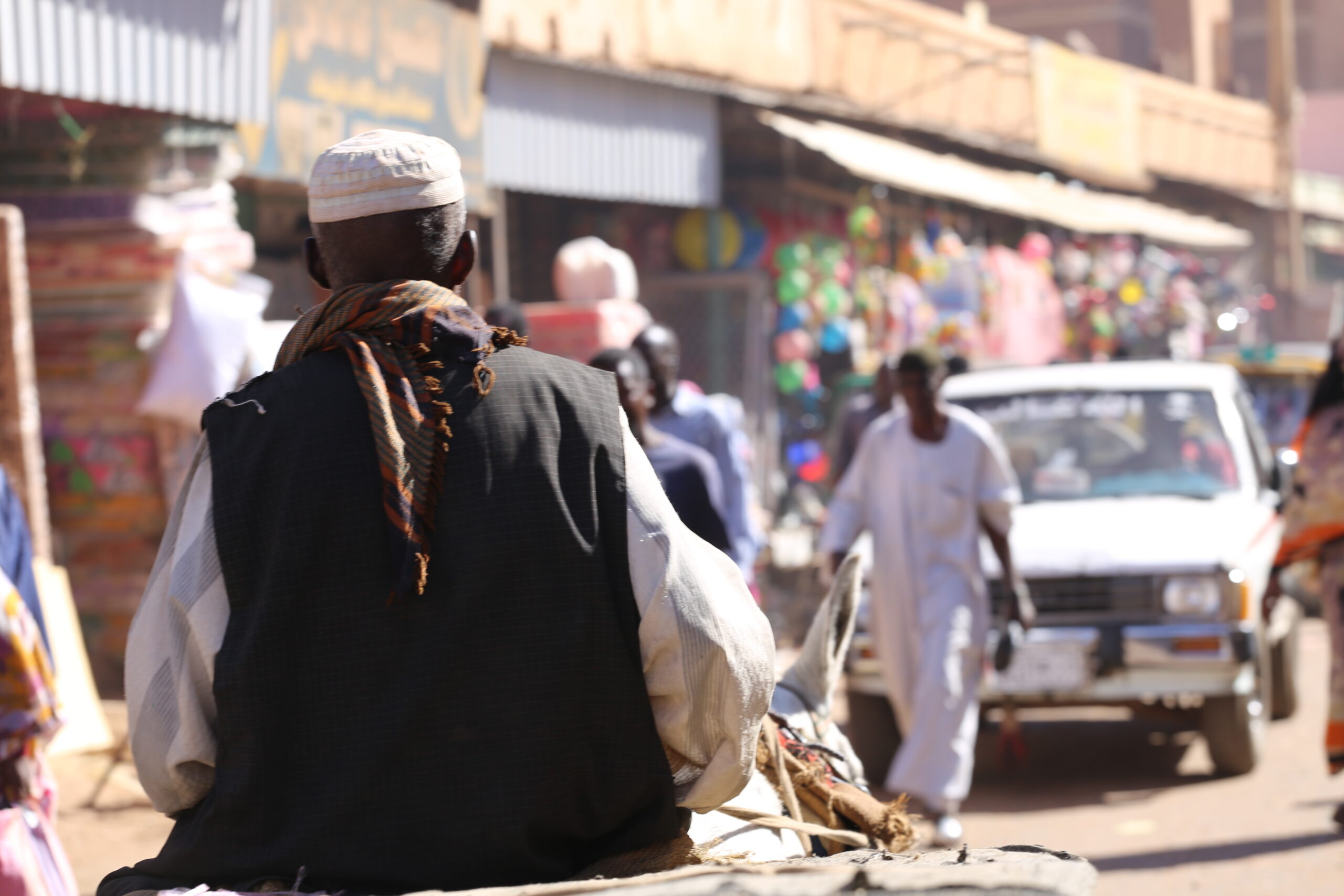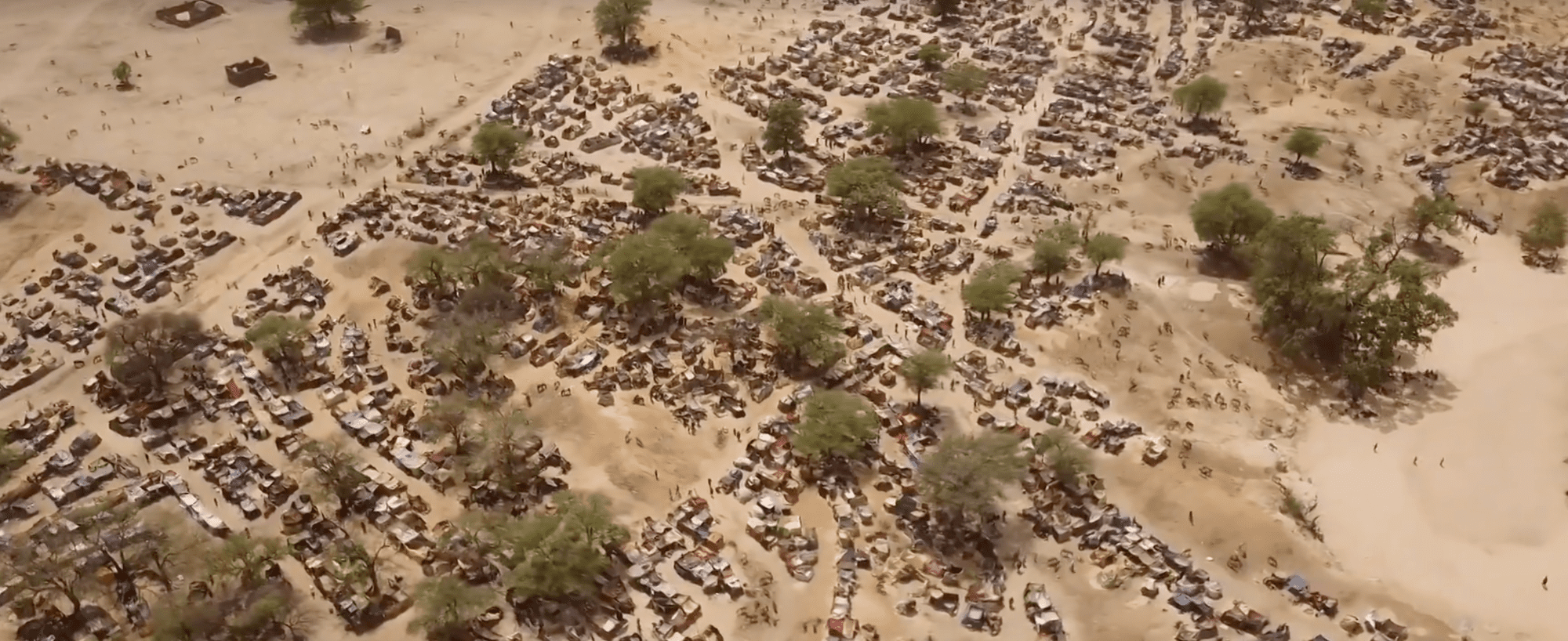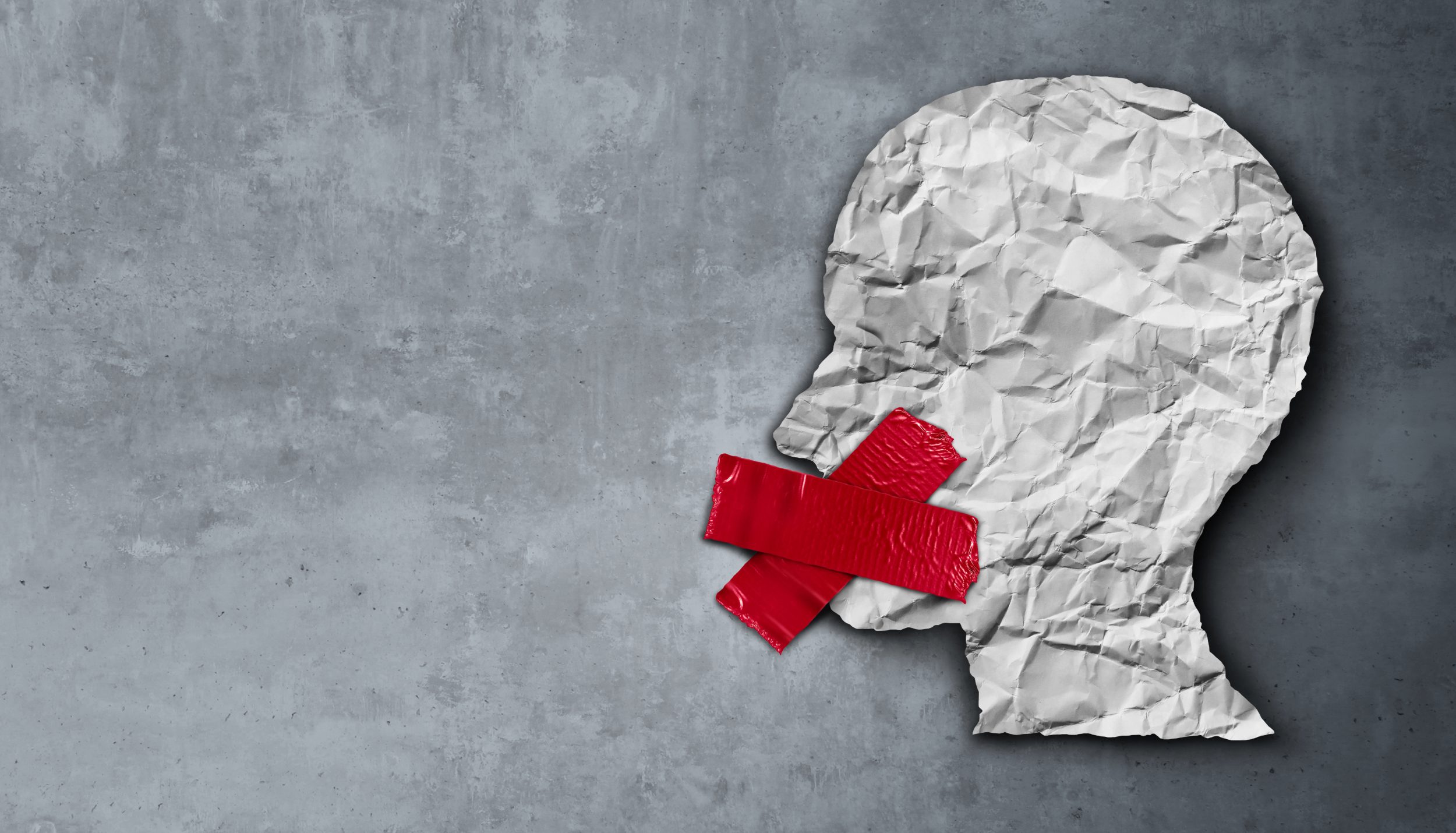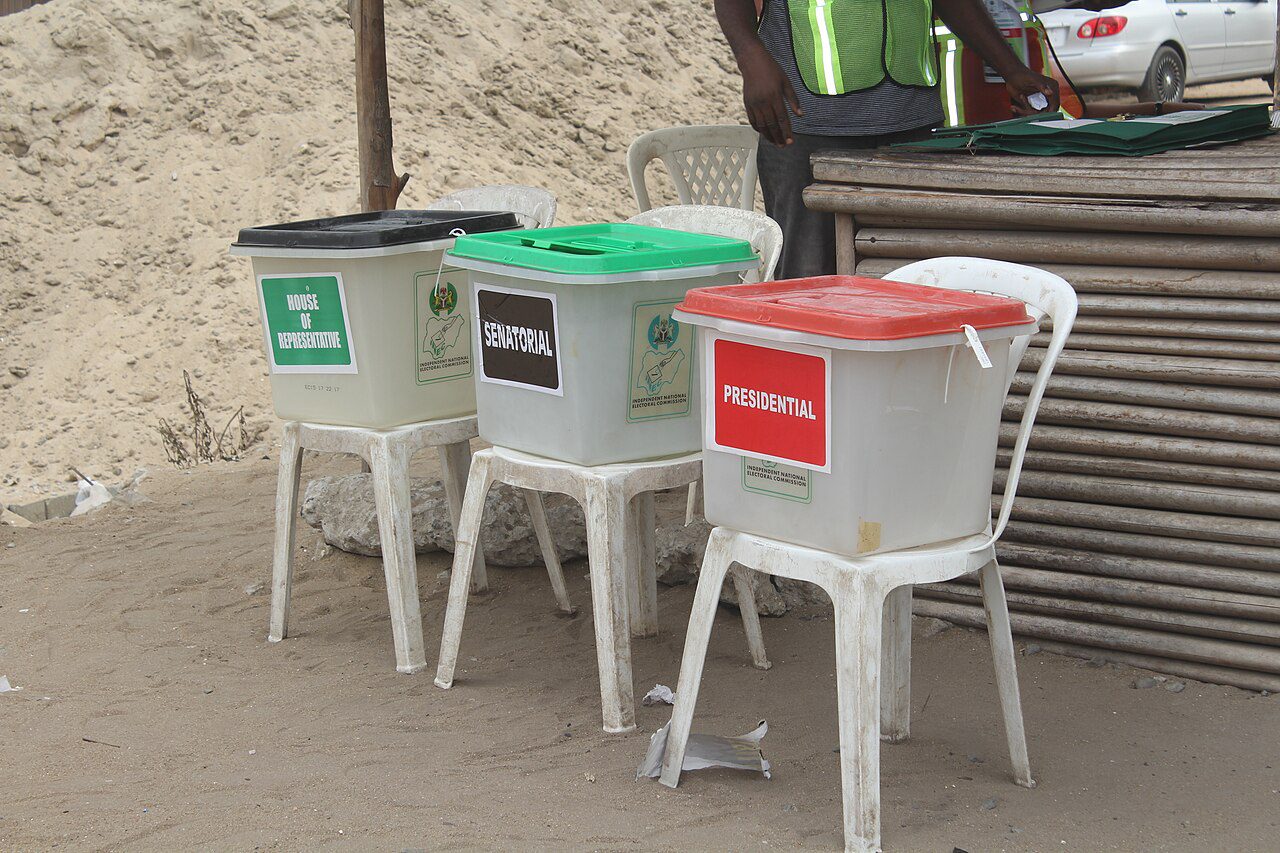In the coming days, Sudanese civilian parties and civil society will be meeting to discuss whether they can agree a common platform. They are well-practiced at this: they have been meeting to discuss their country’s predicament ever since the famous 1965 ‘round table’. But the ‘literature of accord’ of Sudanese-led initiatives conceals as much as it reveals. According to Abd al-Wahab Abdalla, in one of his blog postings summarized here, such discussions usually add up to no more than ‘vain attempts to work some kind of magic in the constitutional political realm while completely ignoring the political economy.’
For forty years, commentators have perpetually described Sudan as at a ‘crossroads’. Charles Gurdon published a short book with that title in 1984. Influential articles by Stephen Morrison just before the Comprehensive Peace Agreement of 2005 and shortly afterwards by Francis Deng used the same phrase. Since the 2019 civic revolution there has been a spate of reports and events, most recently the International Food Policy Research Institute’s panel, ‘Sudan at a Crossroads: Food systems, hunger, and humanitarian aid during civil conflict.’
For me, the most insightful ‘crossroads’ essay was published by Abd al-Wahab Abdalla in 2009 on the blog that I then ran, entitled ‘Making Sense of Sudan’, since folded into ‘African Arguments’. I ran Abd al-Wahab’s essay in three parts, and he added a fourth in which he responded to critics; this was followed up with five more pieces with a similar critiques over the following year.
His use of ‘crossroads’ was ironic if not dismissive:
‘Sometimes, the paths at a crossroads lead in different directions for a while but actually end up at the same destination. The extent of consolidation of state-capital power in Sudan is such that this is the logical conclusion that presents itself.’
Abd al-Wahab was a former Sudan Communist Party member writing under a pseudonym. His method and style were classically Marxist and he had no hesitation in excoriating his former comrades and (especially) the leaders of the SPLM and the purportedly left-leaning Darfur armed movements for what he considered their feeble-minded analysis and their abandonment of the analytical rigor needed to pursue a revolutionary strategy.
Fifteen years on it is refreshing to read opinions voiced with such candor. Agree or disagree, there’s substance to be argued with.
And many of the trends he identified and the forecasts he made have proved prescient. Let me highlight a few.
Abd al-Wahab began with the ‘seesaw of state and bourgeoisie’—the alternation of state and private capital in dominating the country, each relying on the other.
‘The factional rivalries within the ruling elite are sufficiently intense and structurally constituted such that any fraction can survive politically only on the basis of a rate of accumulation that is so accelerated that it rules out any long-term investment in value generation. Dominated by a scramble for rents, and particularly those derived from the nexus of sovereign rents, forcible asset transfer, and mining of natural resources, the Sudanese state has come to resemble a vortex sucking the life out of an eviscerated peasantry to generate hyper-profits and the dictatorship of a security establishment.’
Abd al-Wahab saw the oil boom as a major shift towards the state dominating the allocation of national rents, thereby attracting all segments of the bourgeoisie to a condition of dependence on it. He didn’t write about what would happen to the state when the oil rents evaporated—presumably the seesaw would move the other way.
A second theme is the transboundary nature of security mercantile capitalism. Abd al-Wahab writes, ‘as every rentier-mercantile capitalist knows, smugglers need borders. The distortions to the market introduced by internal and external frontiers are all sources of profit.’ He saw the imminent north-south boundary as no hindrance to the northern capitalists’ longstanding strategy.
‘Khartoum […] will have succeeded in externalizing the welfare bill for its plunder even more efficiently than before. The international aid agencies will be more obliged than ever to pay the price for the ongoing disorder, either as welfare programmes within the south (which will doubtless internationalize its entire service budget) or as refugee programmes in the north, where the denial of citizenship to southerners will enable their ever-more ruthless exploitation as an unfree labour force.’
He didn’t foresee the economic calamities that would follow the oil shutdown of 2012 and its aftermath, nor the rise of the Rapid Support Forces. But he was correct that southern secession wouldn’t fundamentally alter power dynamics.
In the third part of the ‘crossroads’ essay, Abd al-Wahab turns to the international dimensions of the 2005 Comprehensive Peace Agreement, which, he says, is a dead letter: ‘what should have been a peace dividend has become a rentiers’ windfall.’ Focused on implementing administrative formulae, the Sudanese and their foreign partners have missed the need for transforming the nation’s political economy.
Abd al-Wahab eviscerates the SPLA and the SLM/A for playing the game of the dominant military-commercial class and not seeking true revolution, which he says, can only come from building a coalition at the center. He dismisses the ethnically- and regionally-based armed movements as being content to ‘liberate the Bantustans’, leaving the structure of political-economic power intact. He argued that true revolutionaries should work with the ruling National Congress Party, as it is the only force that could consolidate power and therefore be the basis for enacting real change—a line of reasoning that puzzled and angered others on the political left. He described the 2010 elections as ‘the ugly election’, a kind of reverse beauty contest in which the electorate well understood that they should vote for the status quo.
Abd al-Wahab dismissed the international solidarity agenda as a false promise of a short-cut. Responding to critics, in his fourth, extra posting, he wrote:
‘Why should we make tactical alliances with political and commercial factions within the regime and not with the international forces of a neo-liberal hegemony? The answer is obvious: any socio-political elements based on Sudanese formations are capable of responding to changing political realities whereas the international elements, whatever their rhetoric, respond to other realities entirely. Time will prove that they can never be relied upon and they are just sorcerers. Sad to say the Sudanese must solve their problems themselves or not at all.’
As Sudanese civilians and their international friends meet to discuss their political programs and form their coalitions, it’s worth revisiting this astringent critique.



